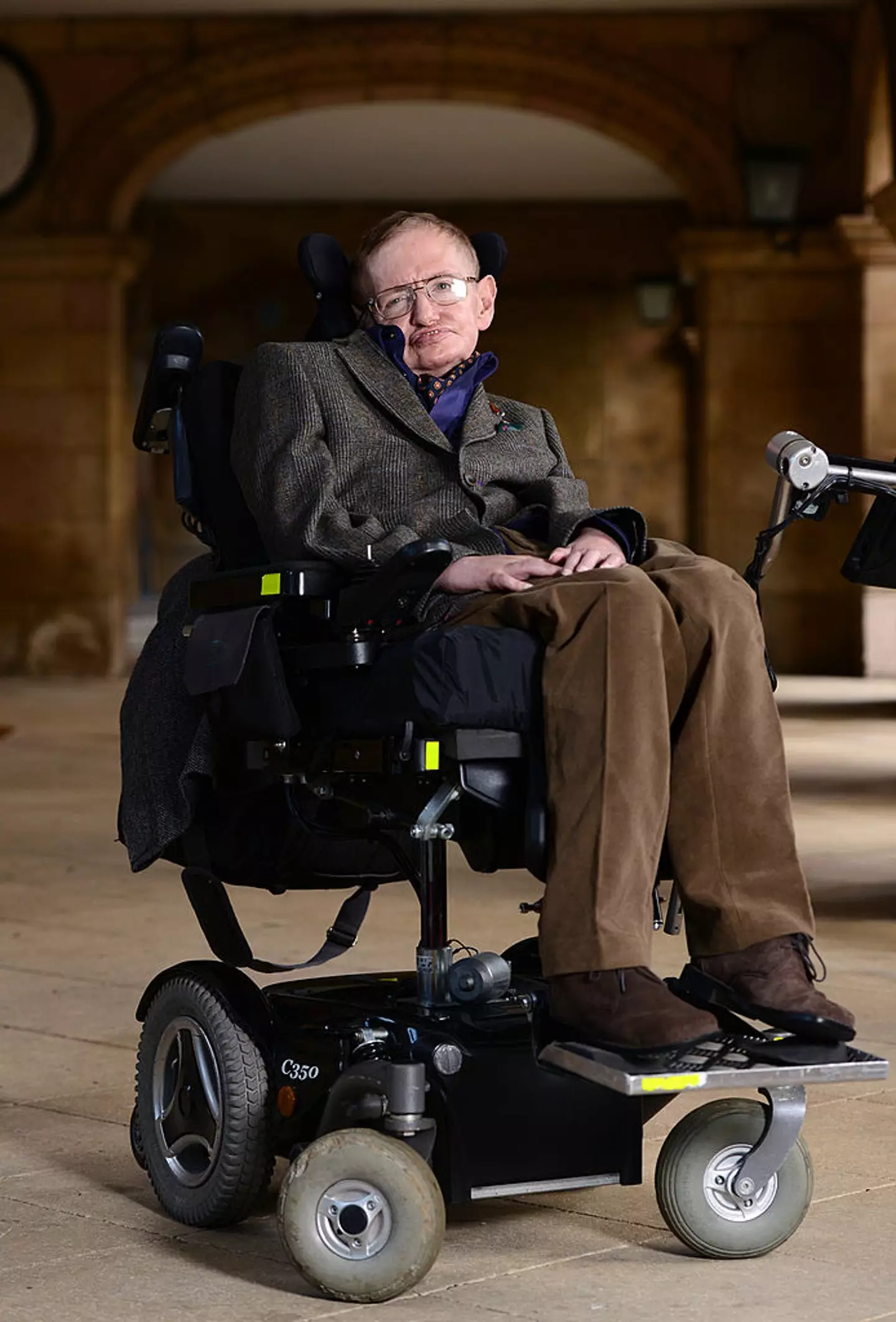When asked about his belief in God, Stephen Hawking had a straightforward answer.
As a renowned scientist, people are often curious about Hawking’s views on religion and concepts such as heaven.
Science and religion can sometimes clash, particularly when discussing topics like creation versus the big bang theory.
Science is typically grounded in evidence and observation, whereas religion is based on spiritual beliefs.
Hawking, who passed away in 2018 at the age of 76, was a highly esteemed theoretical physicist, cosmologist, and author.
He gained fame for his 2002 book, “The Theory of Everything: The Origin and Fate of the Universe,” and his contributions to general relativity and quantum gravity.
In his final book, “Brief Answers to the Big Questions,” Hawking addressed his disability and shared his thoughts on God and religion, stating: “For centuries, it was believed that disabled people like me were living under a curse that was inflicted by God.”
“Well, I suppose it’s possible that I’ve upset someone up there, but I prefer to think that everything can be explained another way, by the laws of nature.”

“If you believe in science, like I do, you believe that there are certain laws that are always obeyed. If you like, you can say the laws are the work of God, but that is more a definition of God than a proof of his existence,” he said.
Hawking further expressed his thoughts on the existence of God and the afterlife.
“We are each free to believe what we want and it’s my view that the simplest explanation is there is no God,” he stated.
“No one created the universe and no one directs our fate. This leads me to a profound realization, there’s probably no Heaven and no afterlife, either.”
“We have this one life to appreciate the grand design of the universe and for that I am extremely grateful.”

Hawking was diagnosed with Amyotrophic Lateral Sclerosis (ALS), a motor neurone disease, in 1963 at the young age of 21.
Doctors at the time predicted he had just two years left to live, but he defied their prognosis and over time, his ability to move and communicate declined. He later used a sophisticated computer system to communicate.
This computer was attached to his wheelchair and powered by its batteries.
A keyboard on the screen was controlled by detecting movements of his cheek, allowing Hawking to express himself.
He became the longest living ALS survivor in history, passing away at the age of 76.

